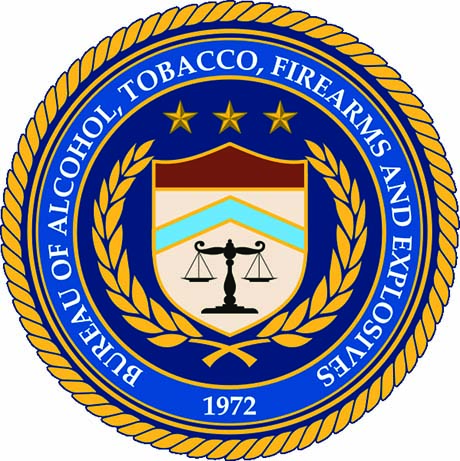
By Dave Workman
Editor-in-Chief
Almost immediately after Minnesota Gov. Tim Walz signed a bill this week legalizing recreational marijuana use in his state, the federal Bureau of Alcohol, Tobacco, Firearms and Explosives (ATF) provided “clarification” to Minnesota residents that if they puff pot, they can’t have guns.
The same thing applies to residents of every other state, and there are now 23 states where recreational pot is legal under state law, but still prohibited under federal statute.
“The federal Gun Control Act of 1968 prohibits any person who is an unlawful user of or addicted to any controlled substance as defined by the Controlled Substances Act of 1970 from shipping, transporting, receiving, or possessing firearms or ammunition,” according to an ATF advisory posted by KROX-AM in Crookston, Minn.
Regardless of the recent changes in Minnesota law related to the legalization of marijuana, an individual who is a current user of marijuana is still federally defined as an “unlawful user” of a controlled substance and therefore is prohibited from shipping, transporting, receiving, or possessing firearms or ammunition.
“Until marijuana is legalized federally, firearms owners and possessors should be mindful that it remains federally illegal to mix marijuana with firearms and ammunition,” stated ATF Acting Special Agent in Charge Jeff Reed, of the St. Paul Field Division, according to KROX.
This has become an issue in many states where gun ownership is strong, and local politics is decidedly liberal, such as Washington or Colorado.
Minnesota’s new law has its critics, including state Rep. Marion O’Neill, quoted by the Valley News in Fargo, N.D.
“There are cases going through the federal courts right now about whether or not it is unconstitutional, to remove someone’s second amendment rights, because they’ve been found in possession of marijuana” said O’Neill. “If you are found in possession of marijuana, you absolutely should lose your second amendment rights. That is what Biden’s administration is saying right now.”
O’Neill cautioned her constituents that their transactions could wind up being monitored, especially troublesome if someone is buying pot and guns or ammunition.
As noted in the KROX report, “The Controlled Substance Act recognizes five categories while classifying various drugs, substances, and other chemicals. Marijuana is considered a Schedule I drug, which under federal definition, has no accepted medical use and a high potential for abuse. Other drugs in this category include heroin, LSD, ecstasy, etc…Federal law does not provide any exception allowing the use of marijuana for medicinal or recreational purposes.”
In a bizarre effort to justify Hunter Biden’s alleged problem with a reported firearm purchase a few years ago, when he was also apparently a heavy crack cocaine user, Politico published a story asserting, “Hunter Biden could soon find himself in a surprising position: at the cutting edge of the fight to strengthen the Second Amendment.”
“The president’s son is the target of a Justice Department investigation scrutinizing his purchase of a gun in 2018 — a time when he has said he was regularly using crack cocaine,” Politico reported. “Federal law bans drug users from owning guns…But the constitutionality of that law — like many other provisions restricting gun ownership — is newly in question after a precedent-rocking decision the Supreme Court handed down almost a year ago.”
Perhaps not to be upstaged, the Seattle Times and New York Times are reporting, “In the months after the court’s landmark ruling that gave people a broad right to carry guns outside the home, Biden’s lawyers told Justice Department prosecutors — who were investigating whether to charge him in connection with a gun purchase — that a prosecution of him would likely be ruled moot, according to two people briefed on the matter.”
Crack and pot are two different things, but the use of either is still a disqualifier for firearms possession or ownership under federal law.


